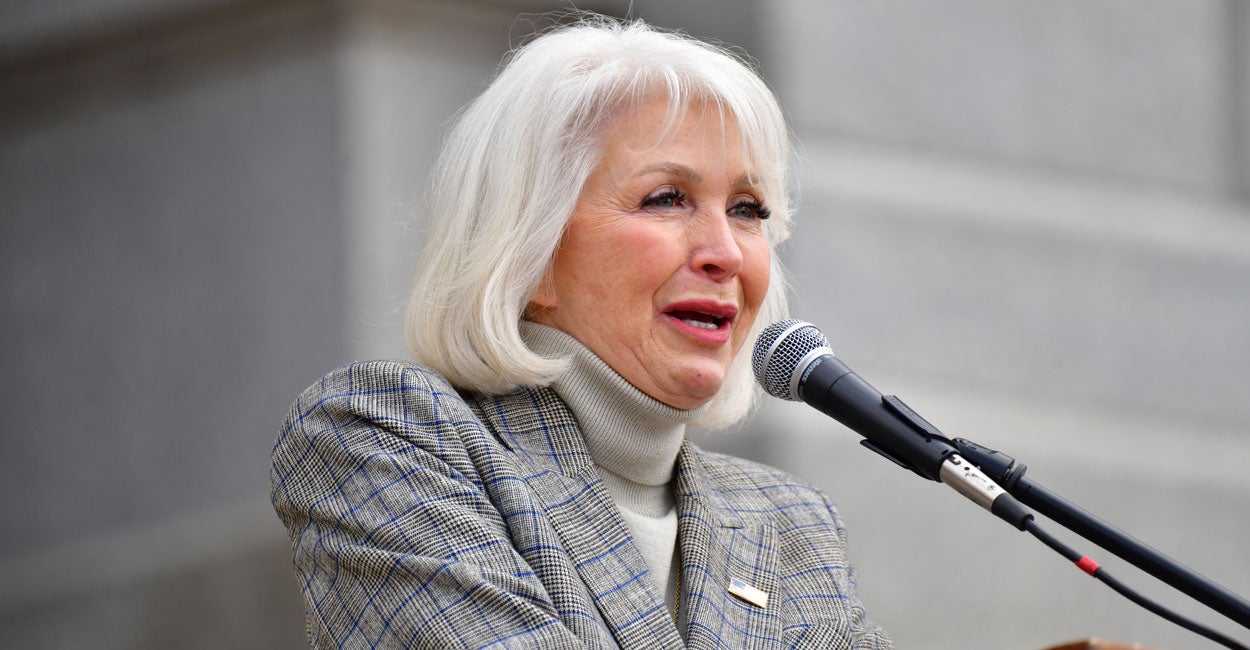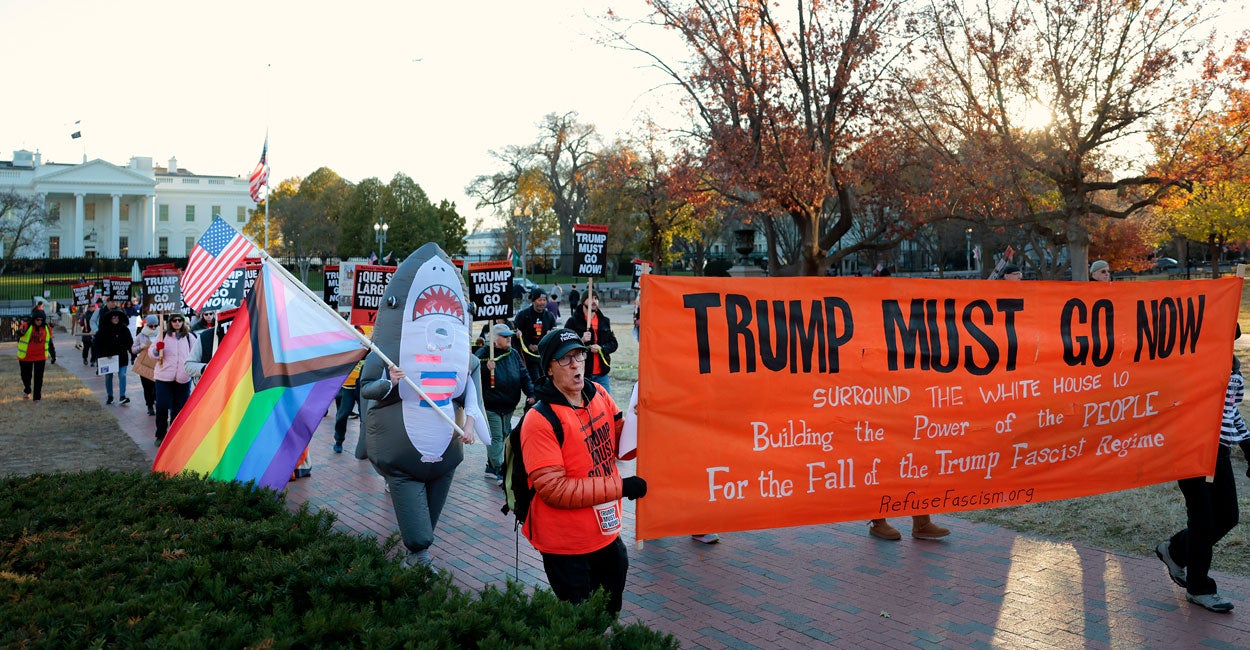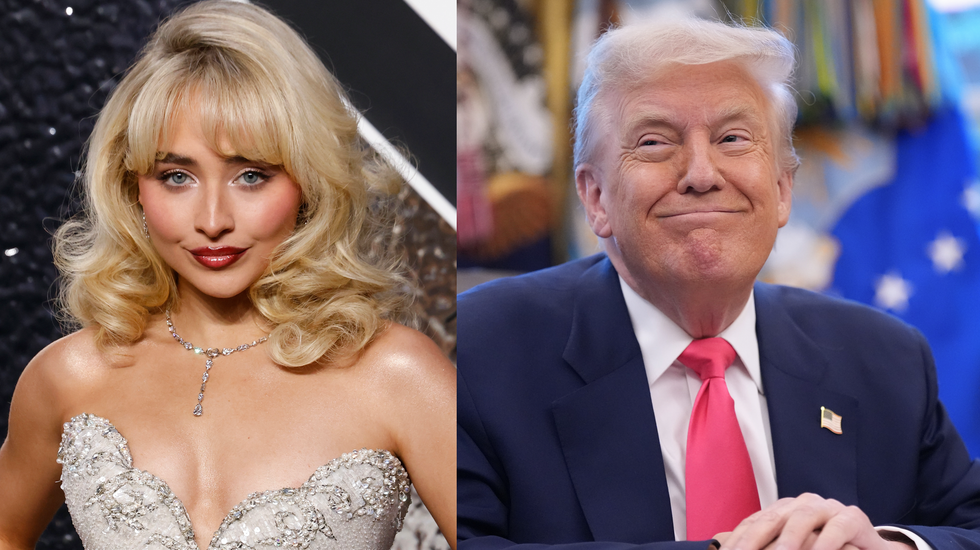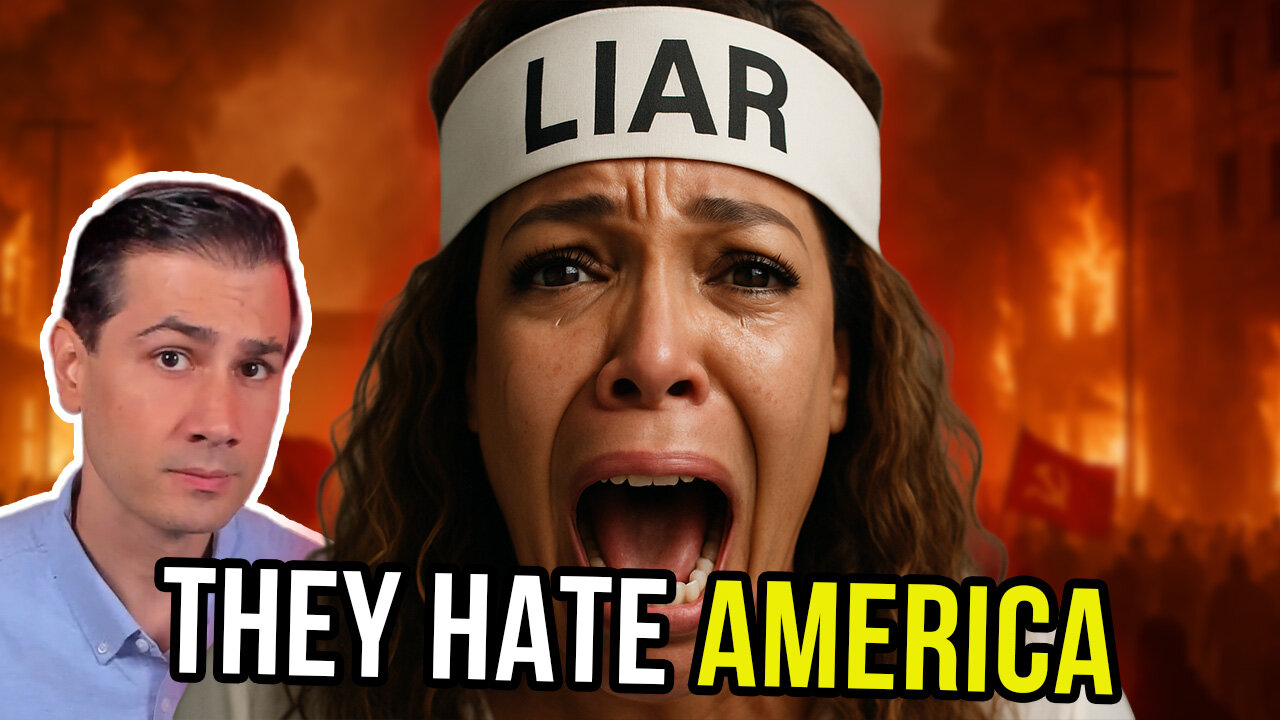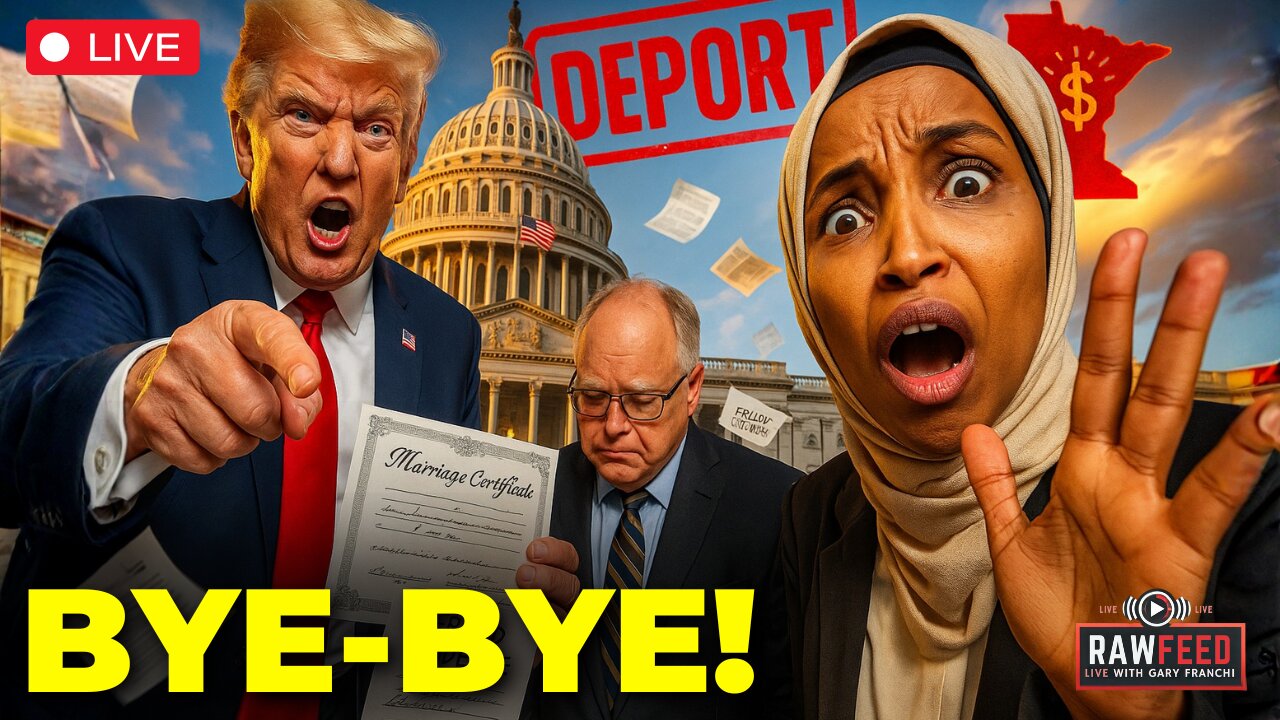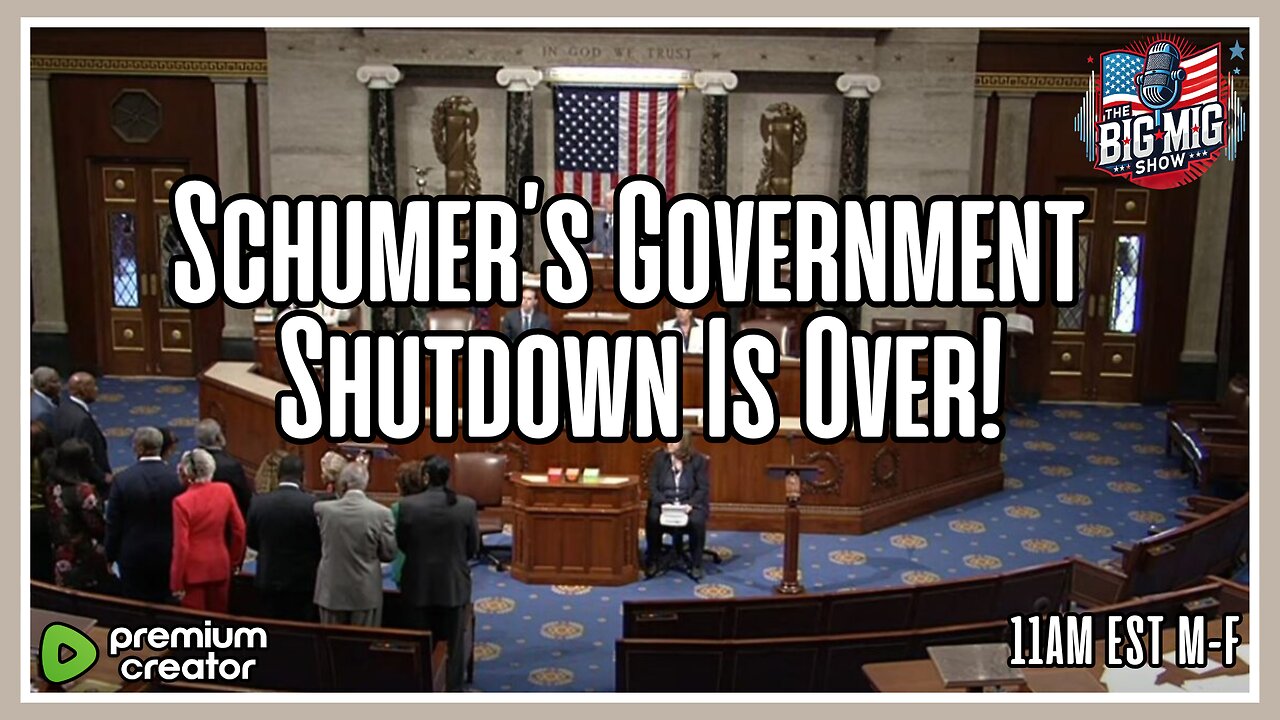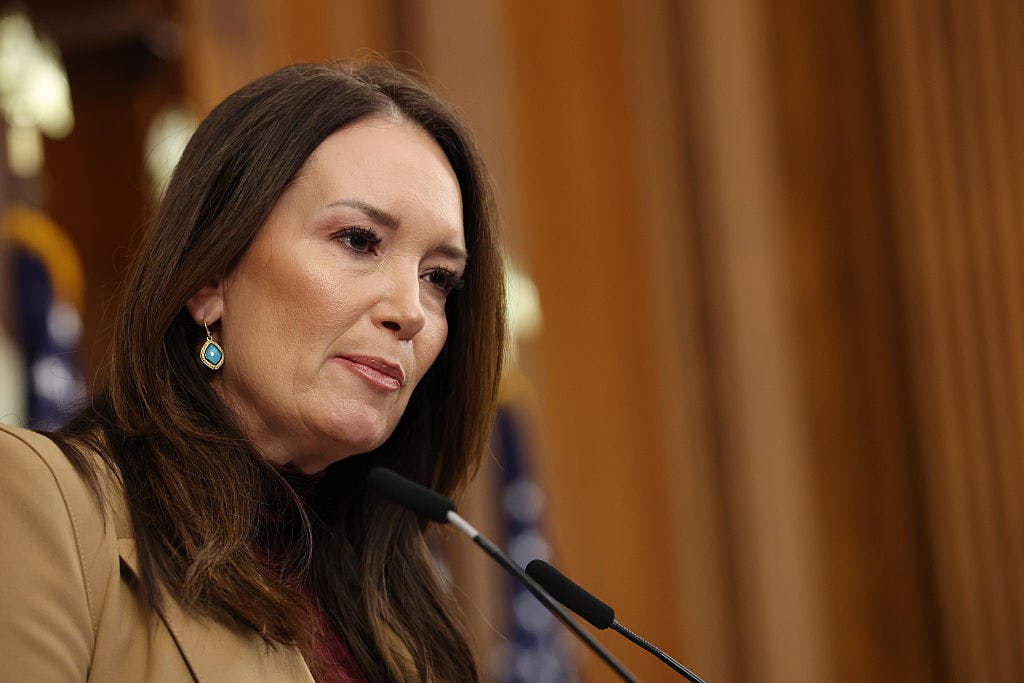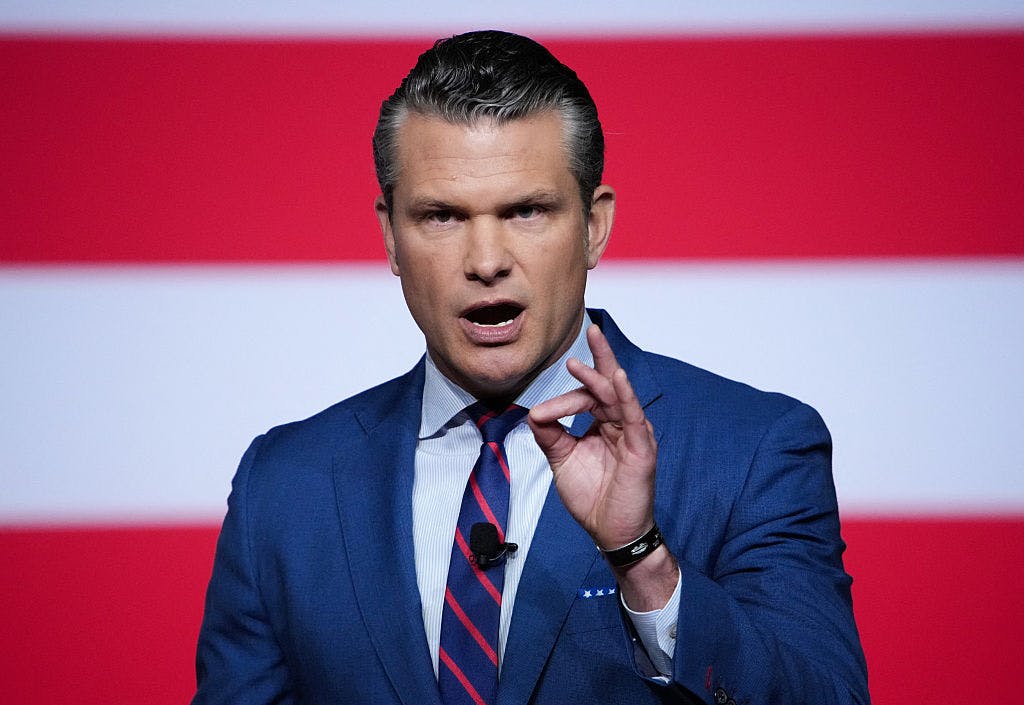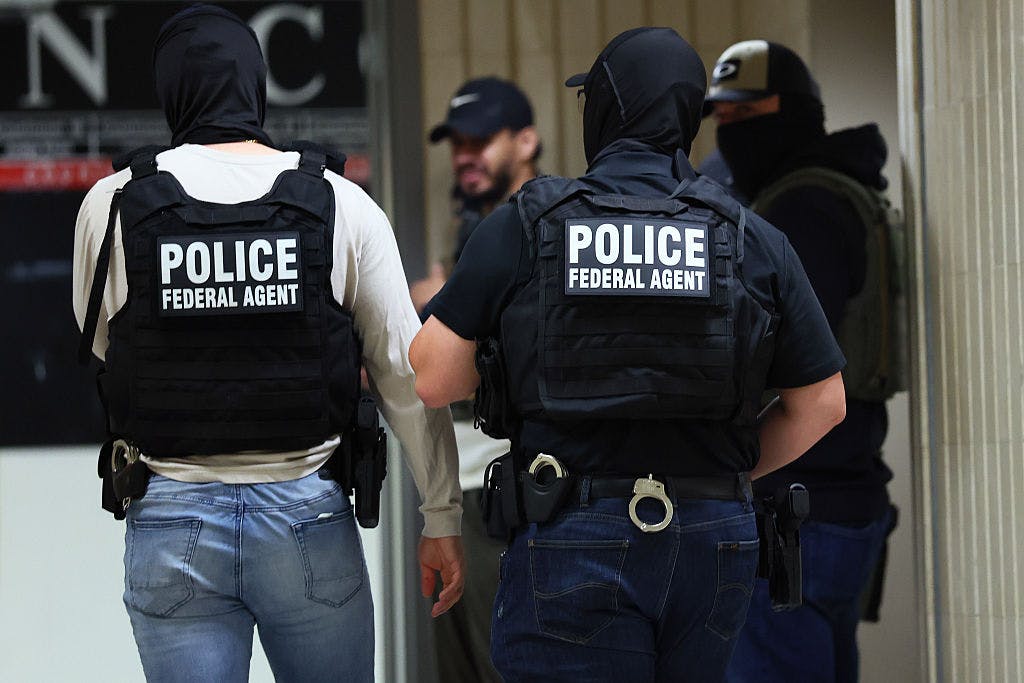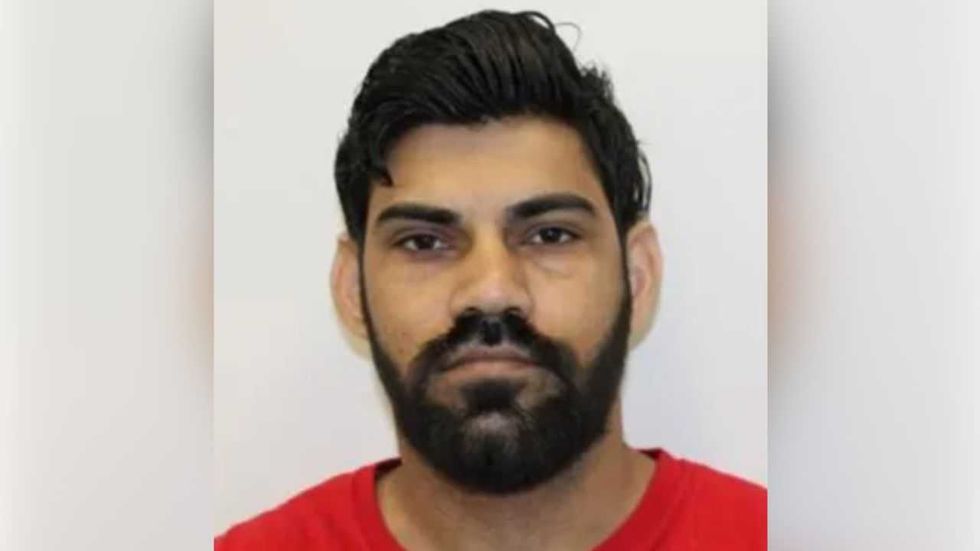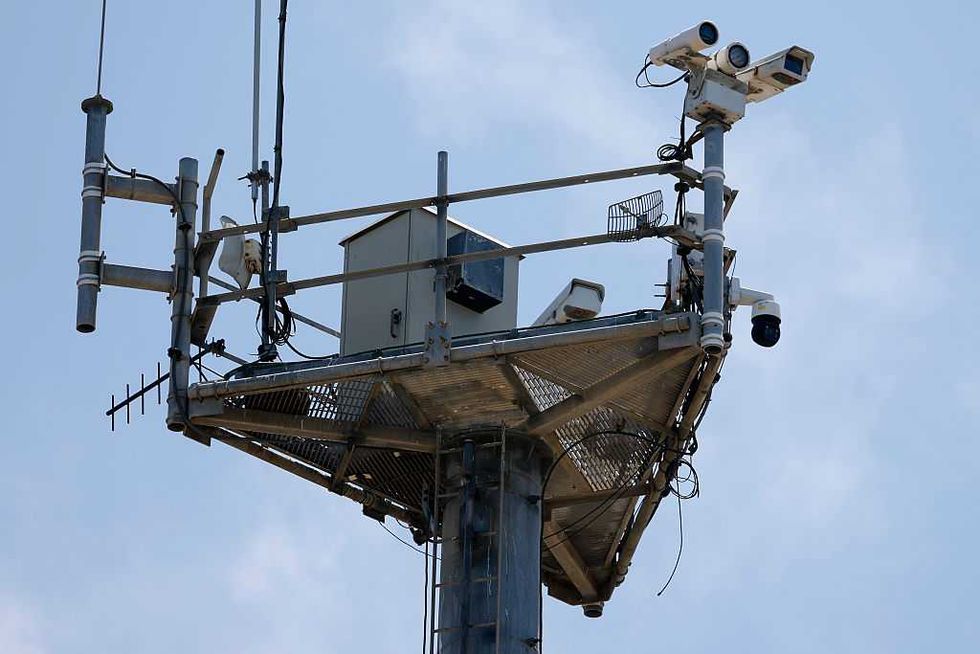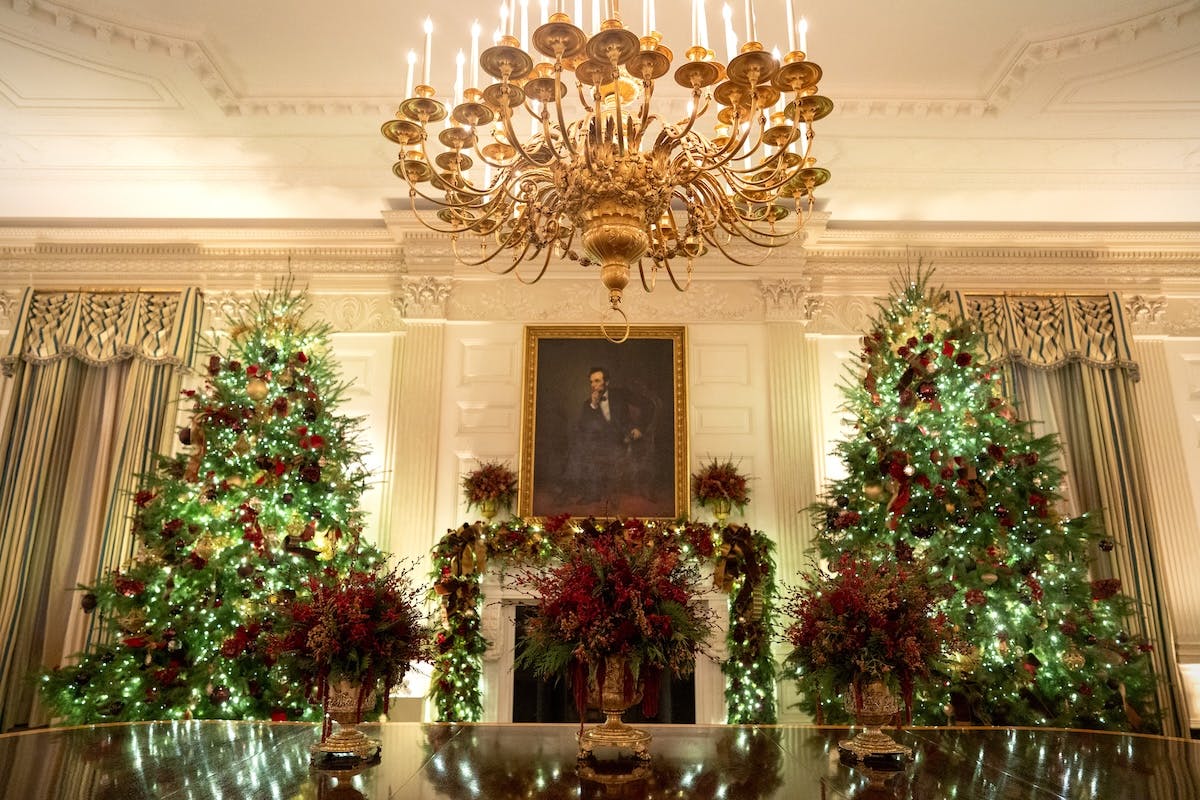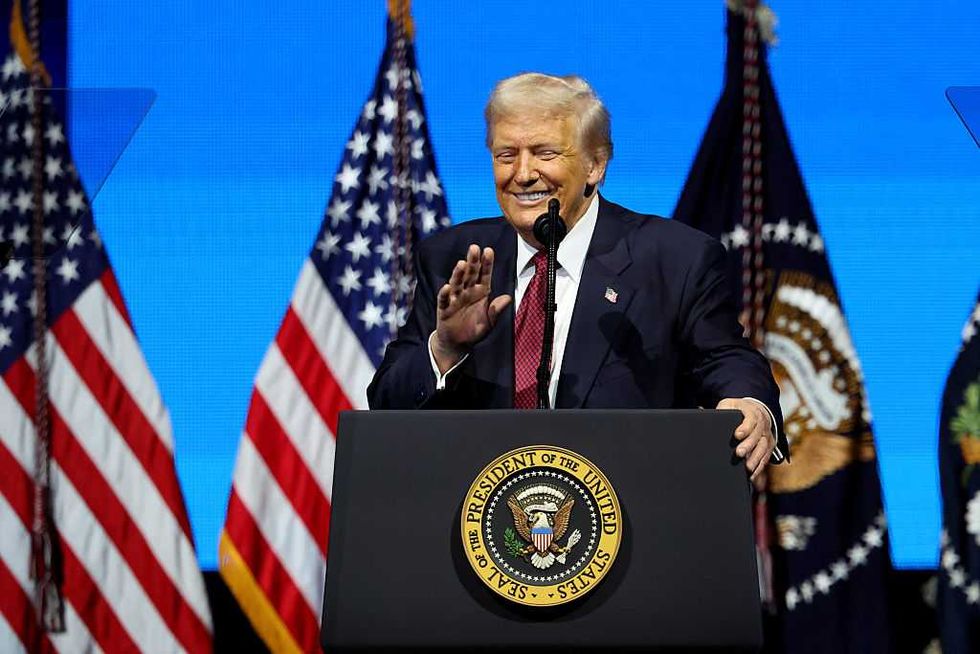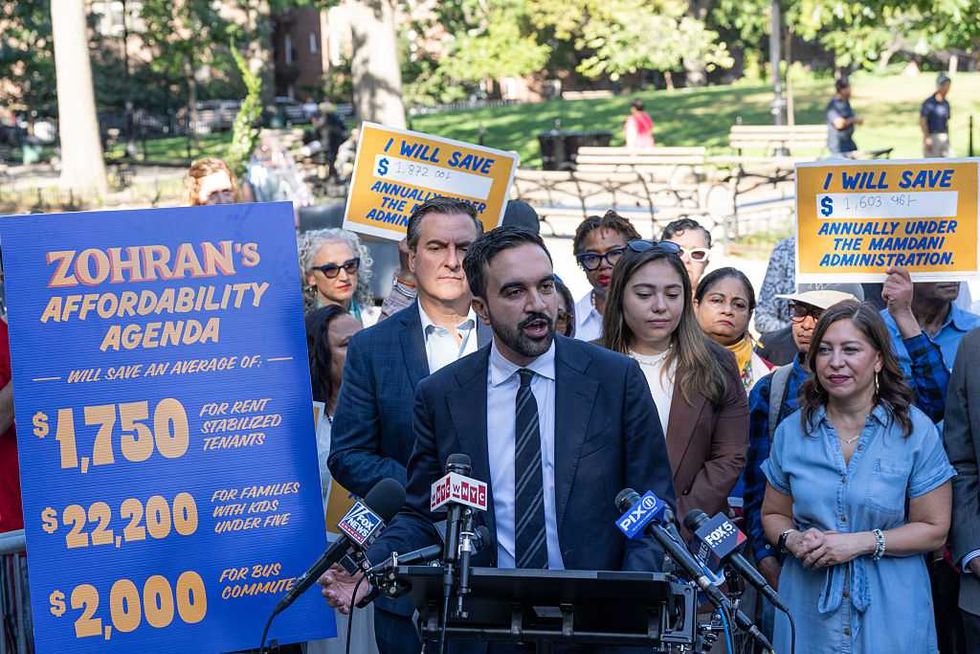Why Trump's religious liberty agenda terrifies the left — but tells the truth
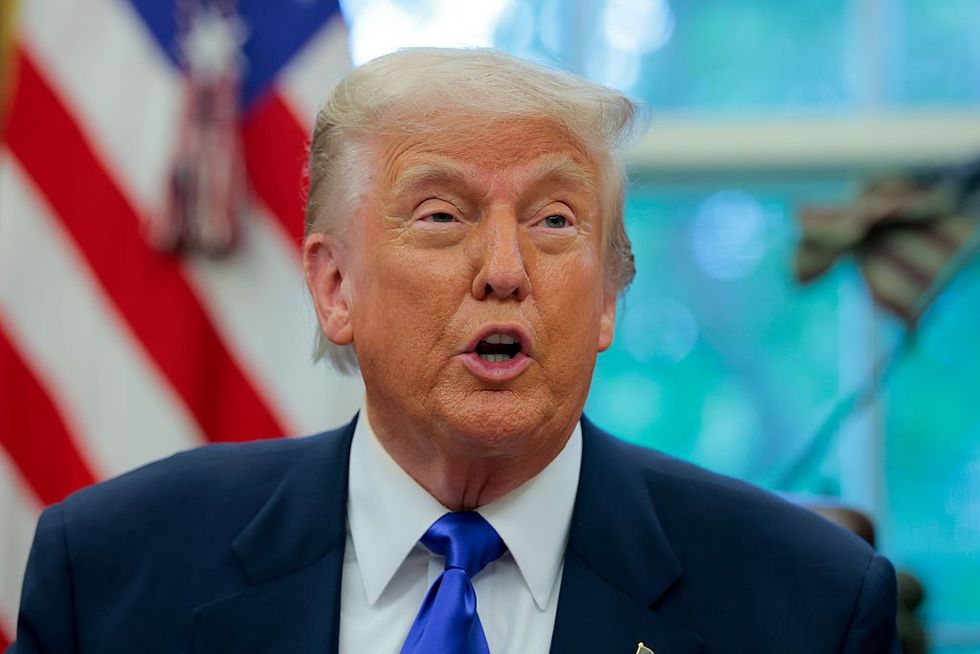
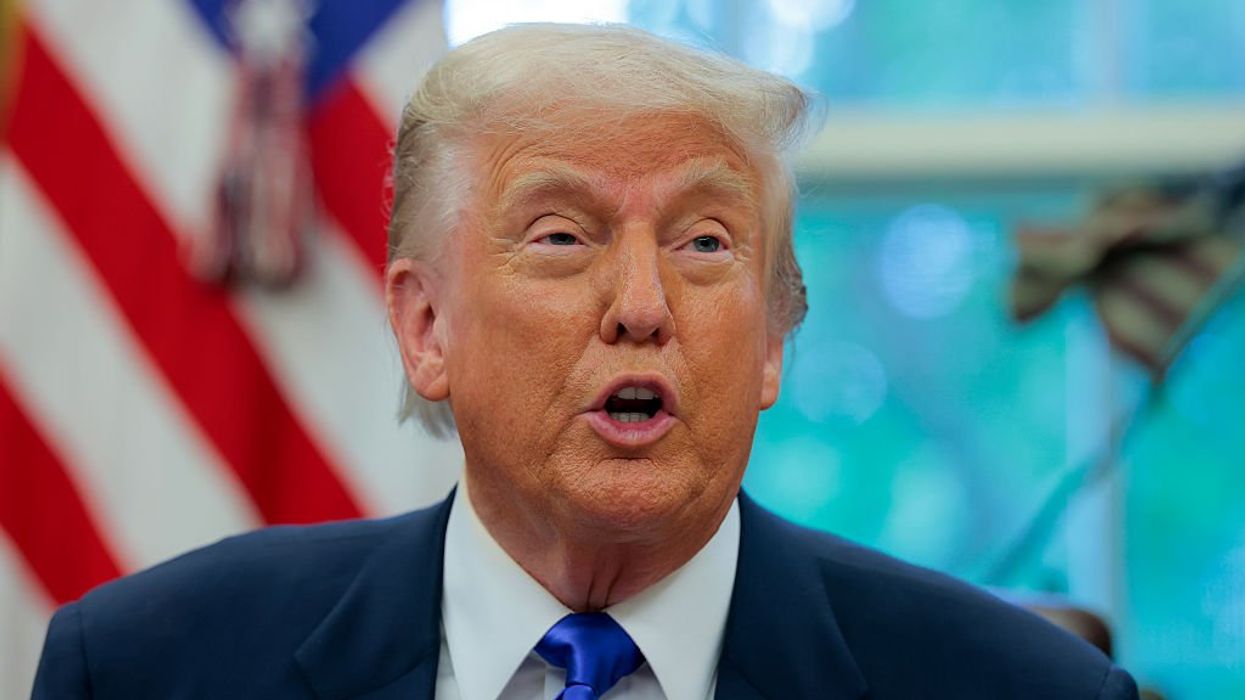
In a Rose Garden ceremony on May 1, the National Day of Prayer, President Donald Trump announced the creation of a Presidential Commission on Religious Liberty. Even though I couldn’t be there, I knew about the commission because I have the honor of being one of its members.
I can hardly say how much religious liberty means to me, and I was thrilled to know we have a president who understands its vital importance — and sees how scandalously it has been under attack in recent years.
This is the very soul of our republic: a nation grounded in God-given rights, moral clarity, and the enduring belief that freedom begins with the liberty of conscience.
But one is hardly surprised the secular left did not respond well to the announcement, carping that the commission was formed for ulterior motives, hidden agendas, and division.
The folks at Politico, for example, accused the president of “brushing aside separation of church and state,” thereby trumpeting their willful misunderstanding of the famous phrase.
Of course, “separation of church and state” is not in the Constitution, but it does appear in a letter President Thomas Jefferson wrote to a Baptist congregation in my hometown of Danbury, Connecticut, in 1802. It represents an utterly central idea about religious liberty, one that is precisely the opposite of what secularists have been twisting it to mean for decades.
Religious liberty means that churches must be protected from the state, not that the state needs to be protected from churches. Jefferson was reassuring the Danbury Baptists that the government would never interfere with their right to worship — nor banish religion from public life.
But secularists persist in pretending that it means the opposite.
The Constitution itself says, “Congress shall make no law respecting an establishment of religion, or prohibiting the free exercise thereof." This idea underscores the centrality of the “exercise” of religion in public life and clarifies that government cannot mandate what kind of religion people practice.
It is that simple.
Far from erasing religion from public life, or preventing believers from shaping public policy or living out their faith in society, the Constitution protects these things.
The origins of our country tell a beautiful story: It was founded as a safe haven from government-mandated worship.
Those who seek to denude our country of religious influence are at odds with our history, our Constitution, and our founders’ vision. Fundamentalist secularists put forth a destructive distortion of our founders’ vision and undermine precisely what has made our country a beacon of hope and justice for people of every faith.
This commission’s goal is to strengthen the liberty of every single American — regardless of that person’s faith and even of whether that person has any faith. It also aims to restore those liberties attacked by hostile and misguided secularists.
Our Declaration of Independence states that our liberties come from God — not from government. It says that “we are endowed by our Creator with certain unalienable Rights,” and “among these are life, liberty, and the pursuit of happiness.”
What could be clearer?
In my book "If You Can Keep It," I discuss how the founders understood that self-government and liberty presupposed a virtuous citizenry, a virtue that comes from religious faith. Power corrupts, so without faith and virtue, freedom would eventually turn on itself.
The idea is this: While the government must never mandate faith, it must vigorously preserve religious liberty so that faith is not crushed by government power.
Trump's Religious Liberty Commission gets this right. Government must be kept out of religion. His EO declares: “It shall be the policy of the executive branch to vigorously enforce the historic and robust protections for religious liberty enshrined in Federal law.”
This is not about establishing any religion but about protecting the freedom to believe, to speak, and to live according to one’s conscience. Nowhere does the EO limit what religion this is to be.
America has been and must continue to be a haven for freedom of speech and thought, which is exactly what the founders envisioned: a country where “religious voices and views are integral to a vibrant public square,” where “religious people and institutions are free to practice their faith without fear of discrimination or hostility from the government.”
This vision stretches back to the early settlers: Pilgrims, Quakers, Baptists, and others who fled Europe to escape religious persecution. They sought a land where they could freely choose, follow, and express their faith.
The Religious Liberty Commission honors their legacy by safeguarding that right.
The goal of the Commission is to protect:
- The First Amendment rights of pastors, religious leaders, houses of worship, faith-based institutions, and religious speakers.
- Attacks across America on houses of worship of many religions.
- De-banking of religious entities.
- The rights of teachers, students, military chaplains, service members, employers, and employees.
- Conscience protections in health care and vaccine mandates.
- Parental rights in education and religious instruction.
- Government displays with religious imagery.
- The right of all Americans to freely exercise their faith without fear or government censorship.
These are not just Christian issues. These are human liberty issues. They apply to Jews, Muslims, Hindus, Christians, and those of any or no faith.
Unsurprisingly the biggest concern of the legacy media is the LGBTQ agenda, which, of course, is markedly at odds with many religions. Sharia law reserves some of its harshest punishments for same-sex relationships. So why do these critics describe the commission as a “Christian nationalist” exercise other than as a cynical and calculated smear?
As I’ve written about in several of my books, it was the silence of the churches in Germany in the 1930s that led to the rise of Nazis and opened the door to unspeakable evils. The Religious Liberty Commission simply allows a platform for religious voices to be heard, and it reaffirms that America is a nation where faith can thrive without government interference.
The founders made that promise back in 1791, and while it’s tragic that we’ve come to the point where we need our president to reaffirm this, we must support his action.
The Religious Liberty Commission fulfills what the founders envisioned — a nation where faith is not censored but celebrated. A place where believers are not exiled from the public square but welcomed as full participants in our democracy.
This is the very soul of our republic: a nation grounded in God-given rights, moral clarity, and the enduring belief that freedom begins with the liberty of conscience.
This commission is not merely constitutional. It’s courageous. And it’s exactly what America needs.
I, for one, am immensely humbled that I can work alongside President Trump and the magnificent members of this commission to ensure the religious liberty of every American can be protected so that it can thrive. I pray that our society would lean into our heritage, that we would follow God first, and that liberty would continue to thrive.
May God continue to bless our nation for His purposes in history.
Originally Published at Daily Wire, Daily Signal, or The Blaze
What's Your Reaction?
 Like
0
Like
0
 Dislike
0
Dislike
0
 Love
0
Love
0
 Funny
0
Funny
0
 Angry
0
Angry
0
 Sad
0
Sad
0
 Wow
0
Wow
0
